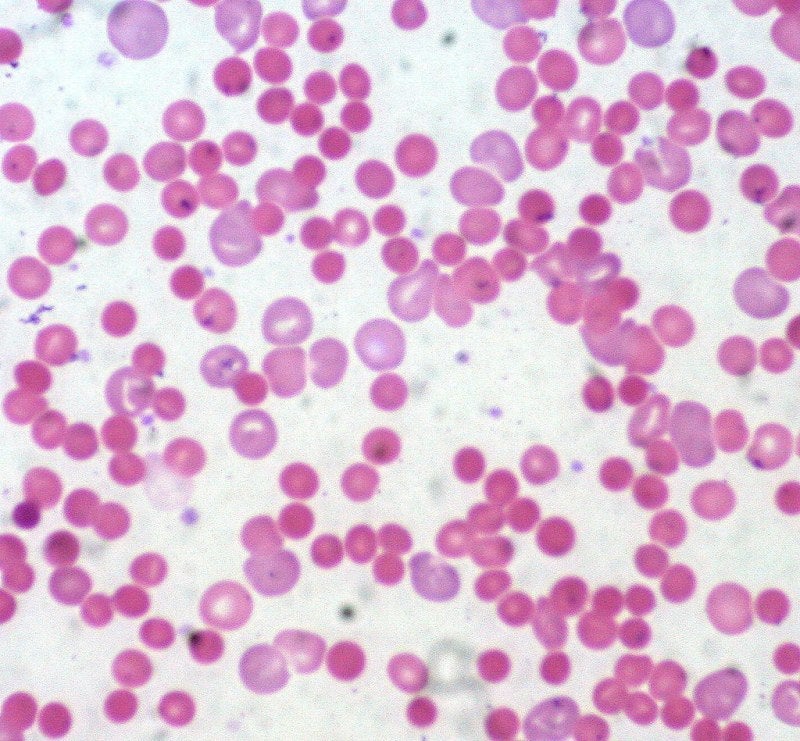
Regeneron Pharmaceuticals has reported positive results from a Phase I trial evaluating the safety, tolerability and efficacy of REGN1979 to treat patients with relapsed or refractory (R/R) B-cell non-Hodgkin lymphoma (B-NHL).
Results from the proof-of-concept trial showed an acceptable safety and tolerability profile with no observed dose-limiting toxicities (DLTs).

Discover B2B Marketing That Performs
Combine business intelligence and editorial excellence to reach engaged professionals across 36 leading media platforms.
The trial reported no clinically-significant neurotoxicities, including no occurrence of seizures or encephalopathy among the enrolled patients.
Heavily pre-treated patients dosed with 5mg to 40mg of REGN1979 and with R/R FL grades one to 3a experienced complete overall response rate (ORR), while 90% of responders maintained a response during treatment.
REGN1979 also demonstrated promising dose-dependent clinical activity in heavily pre-treated patients with R/R DLBCL in the Phase I trial.
The patients treated with 5mg and 12mg of REGN1979 reported 18% ORR, while patients receiving 18mg to 40mg of REGN1979 experienced 60% increase in ORR.

US Tariffs are shifting - will you react or anticipate?
Don’t let policy changes catch you off guard. Stay proactive with real-time data and expert analysis.
By GlobalDataRegeneron aims to continue dose-escalation in the DLBCL group and intends to begin a potentially registrational Phase II trial of REGN1979 for the treatment of R/R FL next year.
Regeneron Pharmaceuticals oncology clinical and translational sciences head Israel Lowy said: “While a high response rate is frequently observed in the first-line treatment of follicular lymphoma, it is remarkable to see a 100% response rate in heavily pre-treated relapsed or refractory follicular lymphoma patients.
“We plan to initiate a potentially registrational Phase II trial in 2019 investigating REGN1979 in relapsed or refractory follicular lymphoma, and are also considering its potential as a first-line treatment for this disease.”
REGN1979 is currently being investigated by Regeneron as a full-length bispecific monoclonal antibody designed to activate tumour killing by binding cluster of differentiation 3 (CD3) on immune system T-cells and CD20 on B-cell malignancies.





